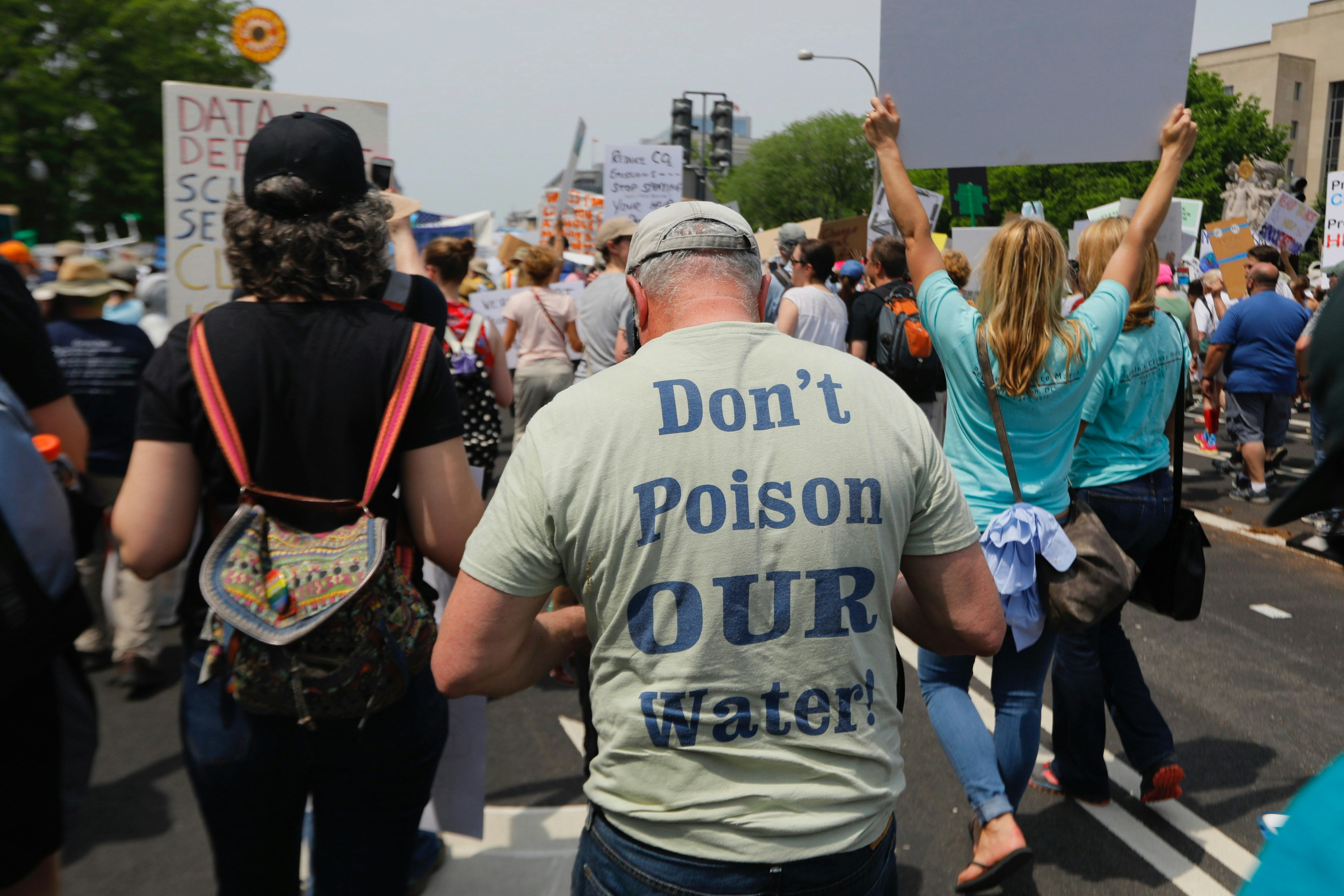Political agreement reached on new Environmental Crime Directive

Related topics
Directorate-General for Environment News article pollution chemicals legislation Chemicals Industrial emissions Soil and land Waterdate: 28/01/2024
There has been a growing gap between the criminal justice response to environmental crime and the criminological situation on the ground. Despite the existing Directive, the number of cross-border investigations and convictions in the EU for environmental crime has not grown substantially. In contrast, environmental crime is growing at annual rates of 5% to 7% globally, creating lasting damage for habitats, species, people's health, and the revenues of governments and businesses. According to UNEP and Interpol estimates, published in June 2016, the annual loss caused by environmental crime is between $ 91 billion and $ 258 billion.
Once the new directive has entered into force, Member States will have to include in their criminal laws greater precision on the definition of environmental offence categories, as well as effective dissuasive sanctions for offenders.
Breaches of environmental obligations such as illegal trade and handling of chemicals or mercury, illegal ship recycling will have to be treated as criminal offences in all EU Member States.
The illegal collection, transport and treatment of waste or the placing on the market of illegally harvested timber or of timber products made of illegally harvested wood will be punishable by a maximum term of imprisonment of at least five years in Member States. The maximum fines for companies committing such criminal offences should not be less than 5% of the total worldwide turnover of the legal person or an amount corresponding to € 40 million.
Detecting and sanctioning actual crimes requires an effective chain of actions involving law enforcement agencies, prosecutors and courts. To help enforcement work in practice, national authorities will be charged with developing a strategic approach to ensure strong response to criminal behaviour. Practitioners working on the ground, including inspectors, police officers, prosecutors and judges, will benefit from sufficient resources and appropriate training as well as effective tools for enforcement, coordination, cooperation and data collection.
It is now for the European Parliament and the Council to formally adopt the political agreement.
